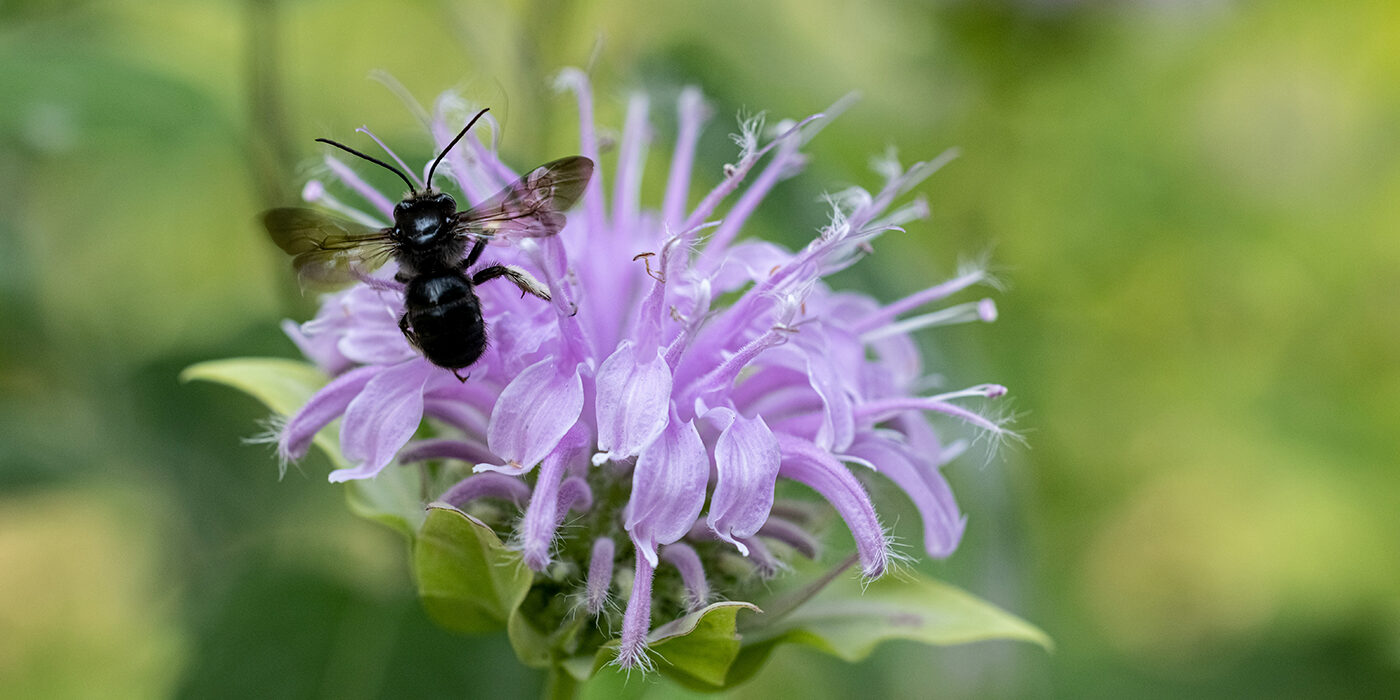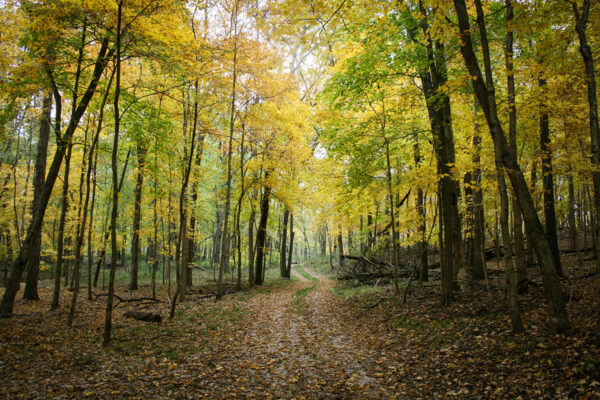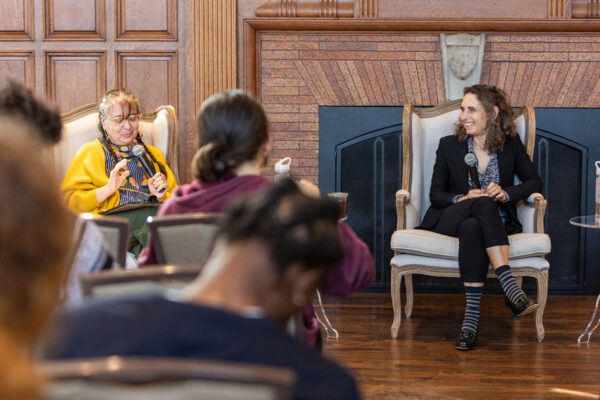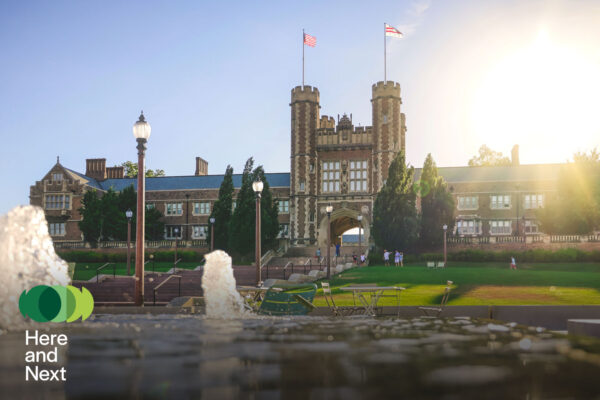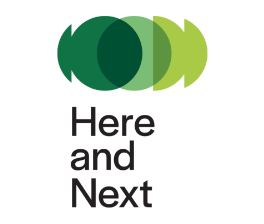
As part of its strategic plan “Here and Next,” Washington University in St. Louis is mobilizing research, education and patient care to establish WashU, and St. Louis, as a global hub for transformative solutions to our deepest societal challenges, including those affecting our environment.
The Center for the Environment, a signature initiative of Here and Next launched in July 2023, is building upon and further advancing research that’s long been done at WashU, using a collaborative model to share insights that in turn will generate effective results for our city, region and world.
“I am excited to see the Center for the Environment begin its important work,” says Provost Beverly Wendland. “The center is laser-focused on conducting research and harnessing WashU’s pre-existing strengths to address and contribute to the remedy of critical societal issues related to the environment. These challenges affect all of us, and the university is committed to being part of the solution.”
“The center is laser-focused on … harnessing WashU’s pre-existing strengths to address and contribute to the remedy of critical societal issues related to the environment.”
Provost Beverly Wendland
The center serves as a crosscutting collaboration hub, encouraging faculty, students and partners to advance research projects in areas including biodiversity, environmental justice, planetary health, environmental solutions and climate change. It also will promote findings, provide seed funding and support proposal development for project teams.
Daniel Giammar, the Walter E. Browne Professor of Environmental Engineering at the McKelvey School of Engineering, is the center’s inaugural director. Jonathan Losos, the William H. Danforth Distinguished University Professor and director of the Living Earth Collaborative, serves as the center’s director for biodiversity; Lora Iannotti, a professor at the Brown School, is the center’s director for planetary health and environmental justice.
The center’s leaders say they welcome increased collaboration across WashU, as it will allow existing and new faculty to strengthen and deepen their collective environmental research at the university, together.
“The center serves as a catalyst for research activity pertaining to the environment,” Giammar says. “We are particularly excited by opportunities to work with all the schools and with Provost Wendland to recruit field-leading faculty who will help connect current areas of research strength.
“Take, for example, WashU’s pre-existing research strengths of air quality and public health,” Giammar says. “The center is deepening collaborations between these areas of expertise. As the university continues building a new school of public health, those new connections hold the potential to bring new faculty to campus that can act as research bridges between those centers of excellence, in effect creating environmental academic ‘supergroups,’ which will enrich our overall research ecosystem.”
That commitment to the research ecosystem was recently demonstrated with a week’s worth of special events and programming focused on the entire WashU community.
Pulitzer Prize–winning journalist and author Elizabeth Kolbert came to the Danforth Campus as an Assembly Series speaker. Her talk, titled “The Fate of the Earth,” delved into the planet’s current biodiversity crisis. Kolbert also spent time speaking with WashU undergraduates and students from Gateway STEM High School in the St. Louis Public School District.
Other events included a collaborative research roundtable from the Living Earth Collaborative and the Center for the Environment regarding biodiversity and sustainable development in Madagascar; a panel about plastics pollution co-hosted with the Office of Sustainability; and an address from nationally recognized public health expert Viniece Jennings, known for her research on urban green spaces and social determinants of health.
“As we continue to advance our efforts to address our research themes, the goal is not competition, but rather collaboration. ”
Lora Iannotti
“The center was created to act as a signal booster to researchers and students here at WashU,” Iannotti says. “Our kick-off week events were a terrific example, showcasing our shared work to the entire campus community. As we continue to advance our efforts to address our research themes, the goal is not competition, but rather collaboration. Together with partner investigators and institutions, we seek to develop workable, effective solutions on a local, regional and global scale.”
Researchers at WashU are taking note and signing on. So far, 76 faculty members across disciplines have joined the center as scholars, and more are expected to join.
“Now is the time for this type of shared scholarship,” Losos says. “From poor air and water quality to critical biodiversity threats, the environmental challenges our planet faces are immense and complex. Our best hope of addressing them, and mitigating irreversible damage, is working together. I’m gratified by the center’s initial reception, and look forward to working with even more of my colleagues in the future.”
To learn more about the center, its scholars and its research aims, visit environment.wustl.edu.
